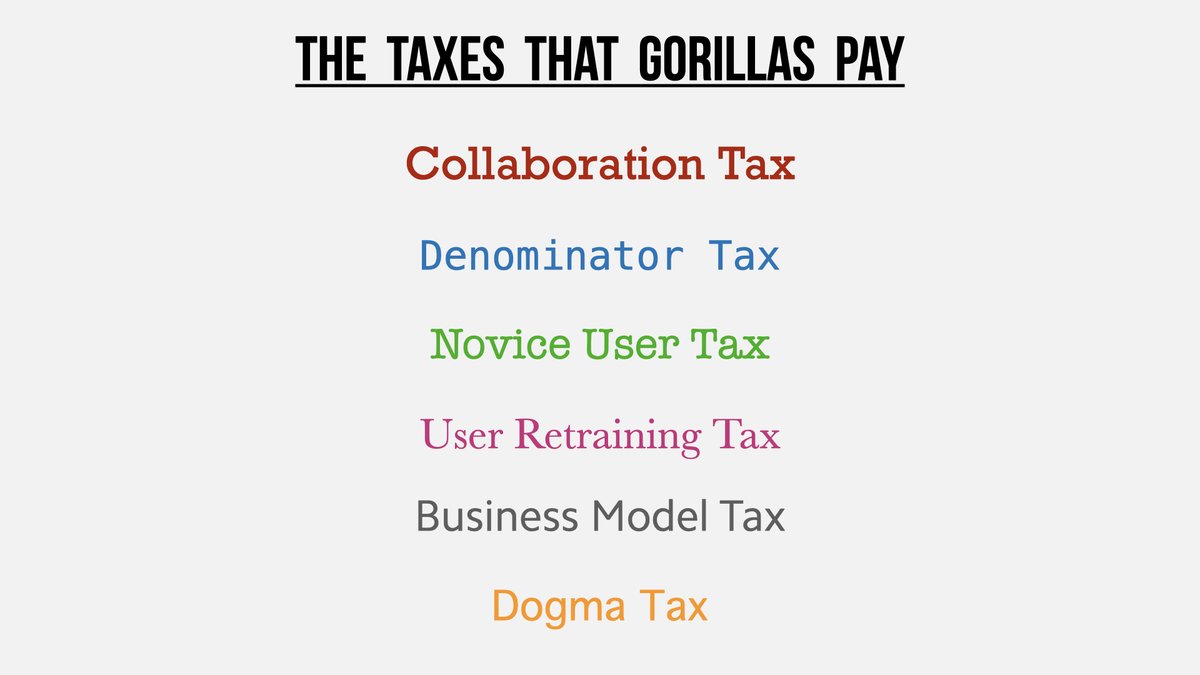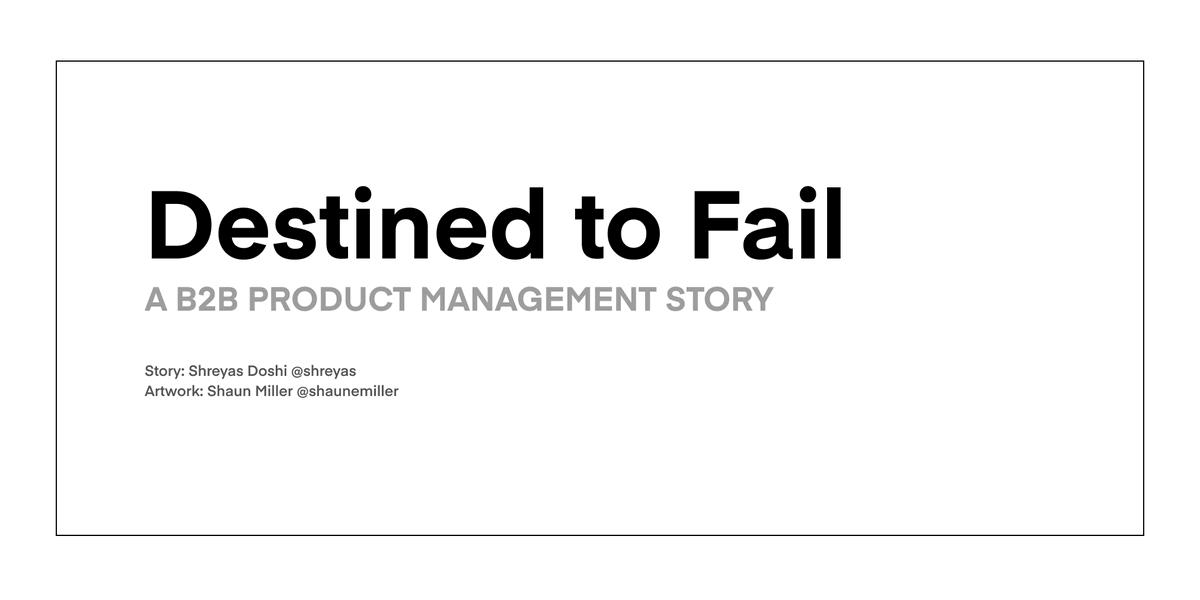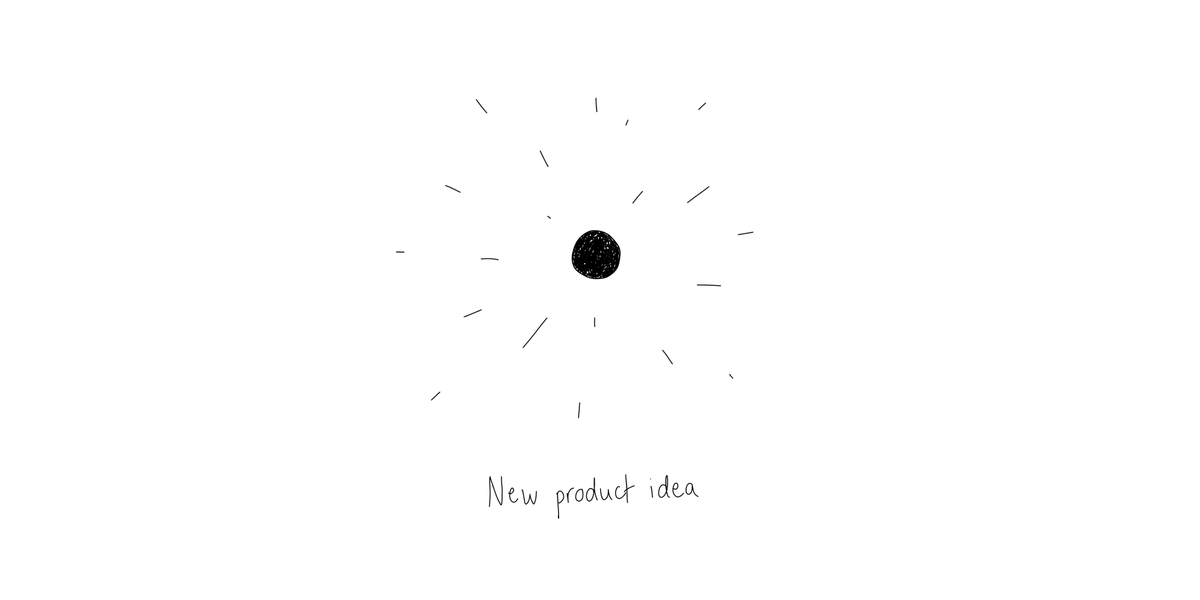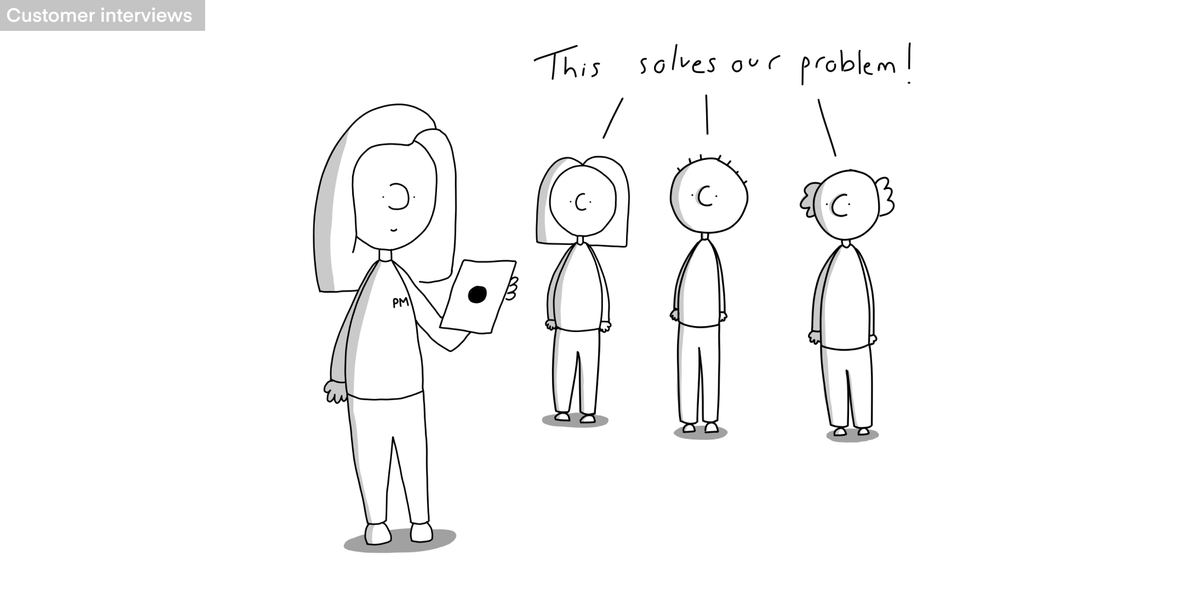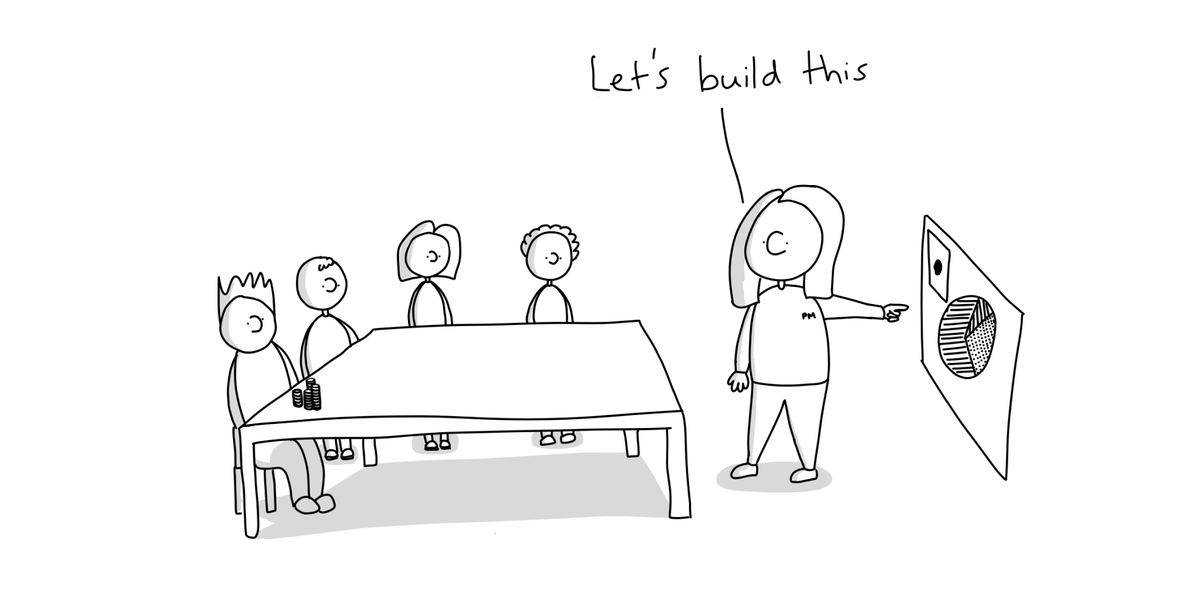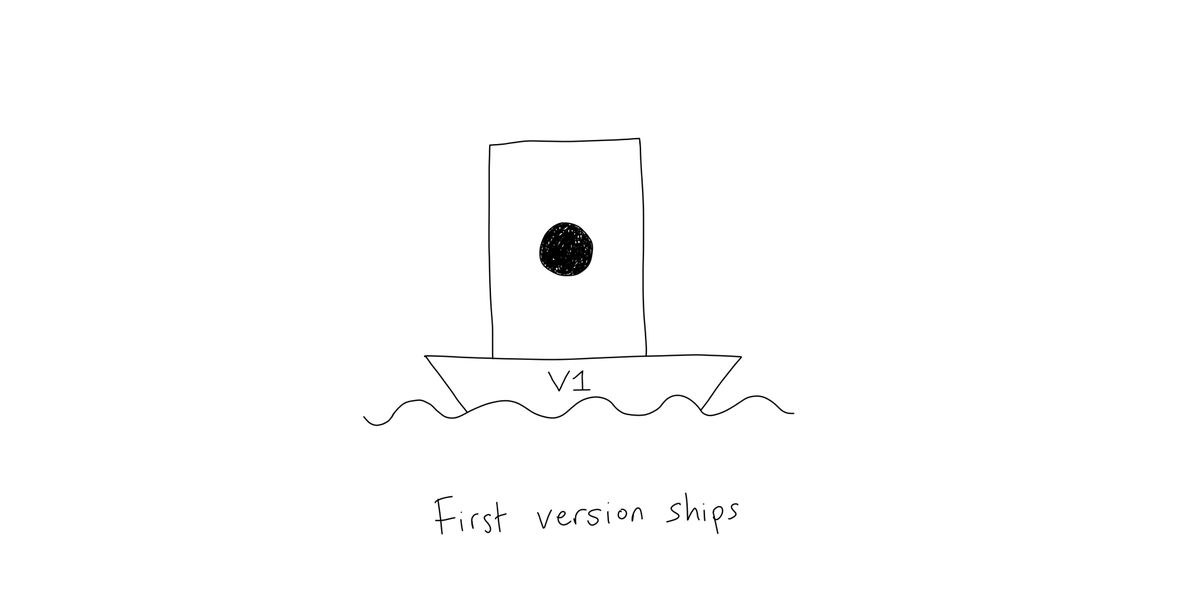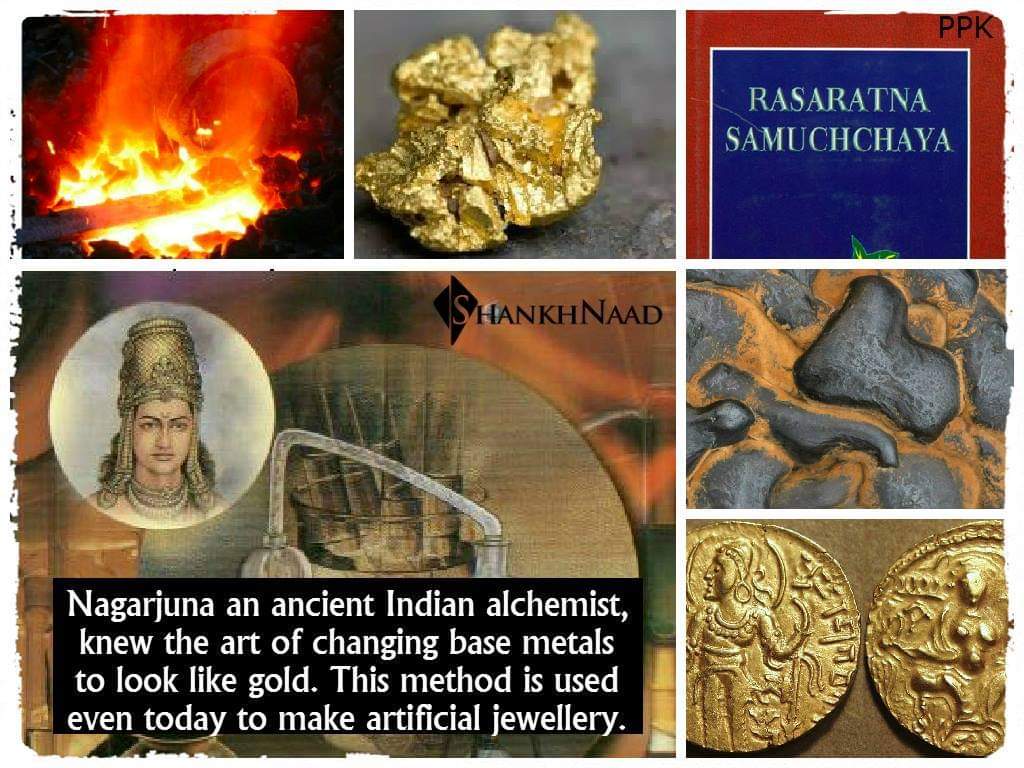Aim for Mediocrity
Standing on the cusp of 2021, life can be exhausting.
No matter where we look on social media, we will find people who seem wealthier, luckier, prettier, healthier, more popular, smarter, happier than us.
As highly ambitious people, what are we to do?
A solution to consider👇🏾
1) Aim to be mediocre at most things.
2) Celebrate this mediocrity.
3) Then focus on excellence at a few things.
4) Make sure those few things align with my passions, my strengths, and what the world needs.
contd.👇🏾
6) Find rewards in the act of getting better, not in immediate external feedback.
7) Get clarity on what rewards really matter.
8) Trust that those rewards will come.
9) Tweak my approach as I learn more.
Very few smart & ambitious people recognize this.
This isn’t about giving up or "being a loser".
It’s about recognizing that very few of the things that bring us lifelong anxiety actually matter, when all is said & done.
My answer:
Life principles.
I’ll leave you with some of my life principles below.
They are always work in progress, but the ones below have stayed stable for the past 3-4 years.
I am not saying these should be YOUR life principles or ANYONE’s life principles. Examples are useful for clear writing, so view them as merely an example of what’s worked/working for one person. If something resonates, consider adopting it. If something repels, ignore it
I do want to be the wisest person I personally know. To do this, I want to learn from everyone I come in contact with. Everyone.
I want to continue learning my craft as best as I possibly can.
(in my case, this craft is mainly product management)
(this principle has lasted the longest in my list, approximately the past 15 years)
I accept mediocrity in other aspects of my life.
Sometimes I’ll do better than mediocre (great)
Other times, I’ll do worse (not great, but fine)
Just be good-enough to avoid disaster.
https://t.co/caZwkypKAw
Standing on the cusp of 2021, life can be exhausting.
— Shreyas Doshi (@shreyas) December 28, 2020
No matter where we look on social media, we will find people who seem wealthier, luckier, prettier, healthier, more popular, smarter, happier than us.
As highly ambitious people, what are we to do?
A solution to consider\U0001f447\U0001f3fe
More from Shreyas Doshi
Includes:
Solve THE problem
3 types of product leaders
Levels of product work
Getting work done
“I don’t know”
Good people, bad managers
Customer segmentation
LinkedIn Envy
On communication
Important definitions
Life-changing books
& much more..
👇🏾
A story that often plays out when we are not rigorous enough about the importance of the customer problem our product
A B2B Product Management Story: on discovering problems that customers actually care about
— Shreyas Doshi (@shreyas) March 28, 2021
Very visual story thread\U0001f447\U0001f3fe pic.twitter.com/SQKpmLtBGC
The 3 types / hats / modes of product
3 types of product leaders:
— Shreyas Doshi (@shreyas) March 26, 2021
1) The Operator
2) The Craftsperson
3) The Visionary
It is important for you as a startup founder or CEO, product manager, or a product leader to deeply understand these types, as you make decisions on whom to hire or whom to work for.
Thread\U0001f447\U0001f3fe
An extremely important observation about product
There are 3 levels to product work
— Shreyas Doshi (@shreyas) March 12, 2021
(1) The Execution level
(2) The Impact level
(3) The Optics level
When an individual & their team are fixated on different levels, often there is conflict.
E.g.
PM is fixated on (2), Team on (1)
PM on (3), Team on (2)
PM on (2), Team on (3)
A thread on getting work
How I like to plan my work:
— Shreyas Doshi (@shreyas) March 17, 2021
Limit meetings
\u21d2 Long scheduled work blocks
At end of the work day, plan next day
\u21d2 Easier to disconnect, be present
Fit the next day's tasks in calendar
\u21d2 Forces prioritizing
Plan next week on Friday evening
\u21d2 Go into weekend with a clear mind

